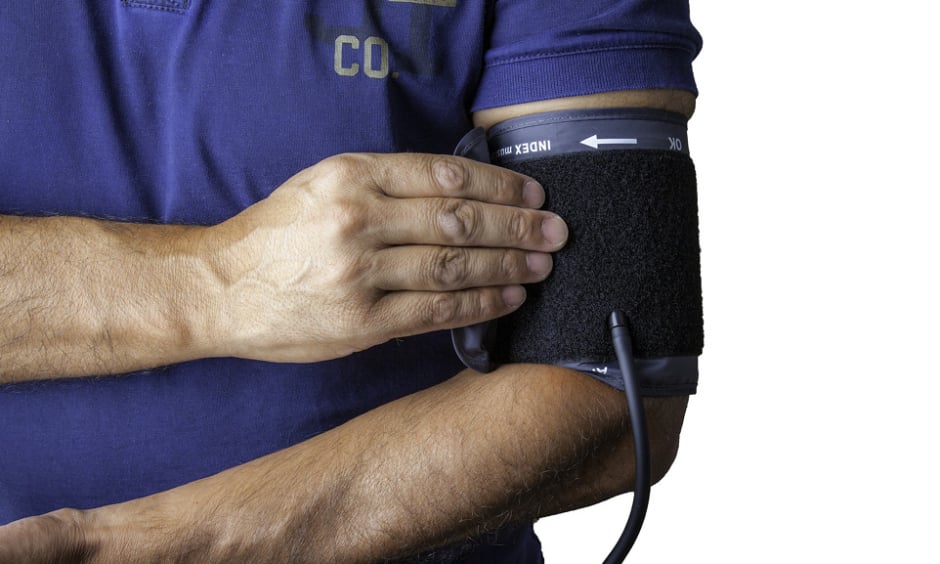EXTENDED ambulatory blood pressure monitoring (ABPM) is necessary to ensure an accurate diagnosis of hypertension in haemodialysis patients.
This was the finding of an analysis by EURECA-m, a working group of the European Renal Association–European Dialysis and Transplant Association (ERA–EDTA), which showed that normal pre-dialysis blood pressure measurements misclassify hypertension in around 30% of dialysis patients. A previous study had demonstrated that 48-hour ABPM has higher sensitivity and specificity than pre-dialysis blood pressure measurements.
EURECA-m Recommendation
“High blood pressure is dangerous, also in dialysis patients. It can lead to severe complications like heart attacks and strokes,” commented Prof Carmine Zoccali, President of ERA–EDTA and co-author of the study. “The monitoring of blood pressure levels is therefore an essential part of the care of these patients. The EURECA-m recommends the 48-hour ABPM in these patients. Our new data strongly support this recommendation.”
The study outlined two factors in the misclassification of hypertension using regular pre-dialysis measurements. One of these is ‘white coat hypertension’, affecting 18.2% of those studied. This is where patients who do not have hypertension develop high blood pressure when their blood pressure is measured by a doctor or nurse. The other is ‘masked hypertension’, in which detection of hypertension is prevented in those whose high blood pressure values often only take place during nightime; this phenomenon was found to occur in 14.1% of the patients.
Overcoming Misclassifications
“If we do not perform a 48-hour ABPM, there is the risk that we treat patients with ‘white coat hypertension’, who do not need any medication and that we do not treat those with a ‘masked hypertension’ or with nocturnal hypertension, who need the treatment. In short, without performing extended ambulatory BP recordings (44–48 hours), we approvingly accept an error rate of about 30% in diagnosis of hypertension in dialysis patients, a highly vulnerable patient group with a dramatically elevated cardiovascular risk,” added Prof Zoccali. “This is why EURECA-m recommends 48-hour ABPM as the gold standard for the diagnosis for hypertension in haemodialysis patients.”
High blood pressure has a strong bi-directional association with chronic kidney disease (CKD); hypertension exacerbates CKD progression and CKD can cause hypertension due to the kidney’s role in regulating blood pressure.
James Coker, Reporter
For the source and further information about the study, click here.








